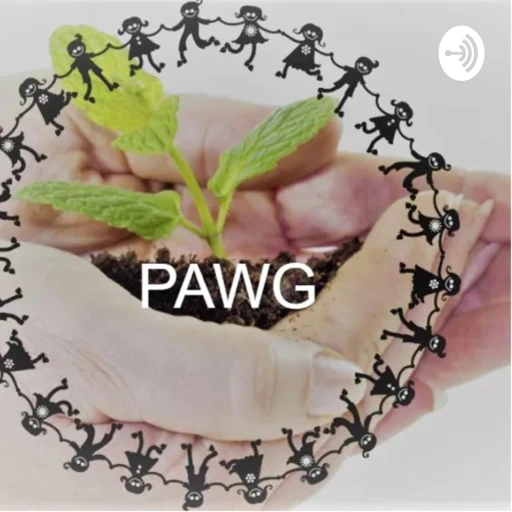Black Material Geographies
by Whetstone Radio Collective
Since Mar 24, 2022 21:33 UTC
With the growing awareness around how our food and clothing are made and where it comes from, our curiosity and desire to deepen our understanding of the fiber systems that undergird our lives and the communities impacted by them grow with it. Black Material Geographies is a collection of conversations and stories using Blackness and textile material culture to explore how we can create more sustainable systems and processes amid global climate crises and lifestyles deeply entrenched in global capitalism. This show projects “Blackness” into the past to understand the material cultures of our present and the possibilities for a more sustainable future. We will explore what Black futures could be made of and who gets to make them. You can listen and subscribe to the Black Material Geographies podcast at whetstoneradio.com and anywhere you subscribe to your favorite podcasts. Black Material Geographies is part of Whetstone Radio Collective. Whetstone Radio Collective creates storytelling dedicated to food origins and culture, with original content centering the perspectives of global majority populations and diasporas. You can learn more about this podcast at whetstoneradio.com, on Instagram and Twitter @whetstoneradio, on TikTok @whetstonemedia and subscribe to our Spotify and YouTube channel, Whetstone Media, for more podcast content. You can learn more about all things happening at Whetstone at WhetstoneMedia.com.
This is the final episode of Season 1, where we explore the question: What would it look like if regional fiber initiatives became the norm? In last week’s episode we started to explore how material supply chains impact our system and how to rethink them. Today, the fashion industry is experiencing a resurgence of interest in regional clothing fibers. The globalization of the fashion industry has prompted designers to look beyond the traditional suppliers of their materials and explore regional textile production. As regional producers hone their craft and grow their businesses, new regional clothing fiber opportunities are emerging that allow apparel makers to produce garments with a lower environmental impact and greater local sourcing. This week Teju gets more granular to show us why they are important, as well as what’s possible with them. As the fashion industry and consumers began to prioritize the ethics and sustainability of their clothing purchases, designers need to look beyond conventional sources and explore emerging regional textile production. There are brilliant people changing the way clothes are made so that our environment benefits from it, and local economies thrive too. Learn more about this episode of Black Material Geographies at www.whetstoneradio.com, on IG at @whetstoneradio, Twitter at @whetstone_radio, and YouTube at WhetstoneRadio.
Read the full transcript here: https://www.whetstonemagazine.com/black-material-geographies-ep10-transcript
Categories: Arts, History, Society & Culture
+ Read more

















